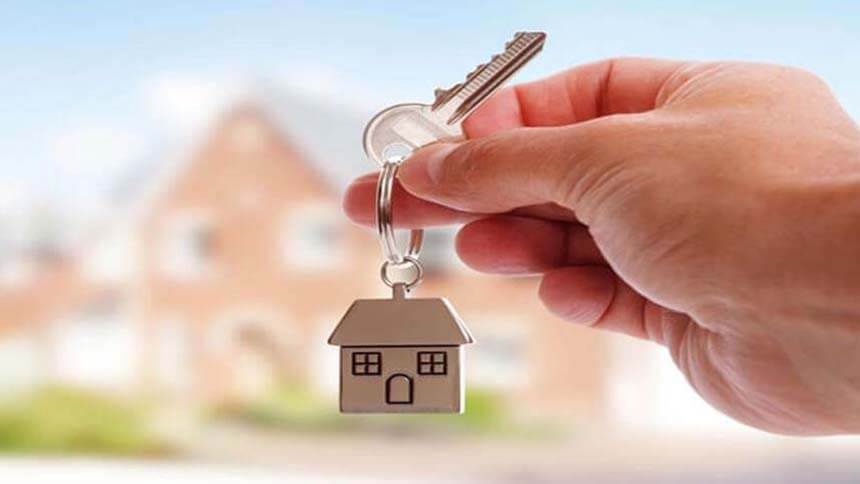This challenge is leading more and more homeowners to consider a so-called "reverse mortgage."
The Home Equity Conversion Mortgage (HECM), the most common type of reverse mortgage in the US market, is a special type of home loan only for homeowners age 62 and older. Under this model a property owner can borrow against the value of their home by getting money in the form of a line of credit.
With a reverse mortgage, the amount the homeowner owes the lender goes up as interest and fees are added to the loan balance each month. Homeowners or their heirs will eventually have to repay the loan, usually by selling the home.
As Deborah Royster, assistant director in the CFPB's Office of Older Americans, told the Wall Street Journal's "Your Money Briefing" Podcast, many seniors are facing their impending retirement with anxiety as they in some cases can't meet immediate needs let alone maintain a old property.
Reverse mortgage home equity lending is increasingly recognized as an effective solution to the financial problems of retirees and seniors.
As experts explain, no repayment of the mortgage (principal or interest) is required until the borrower dies, moves away permanently or sells the house. The transaction is structured so that the loan amount does not exceed the value of the home throughout the duration of the loan.















